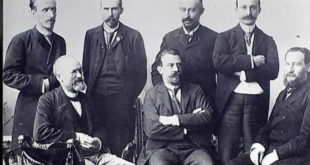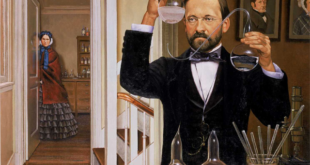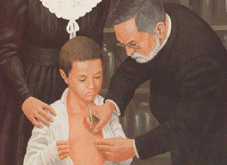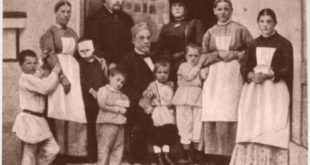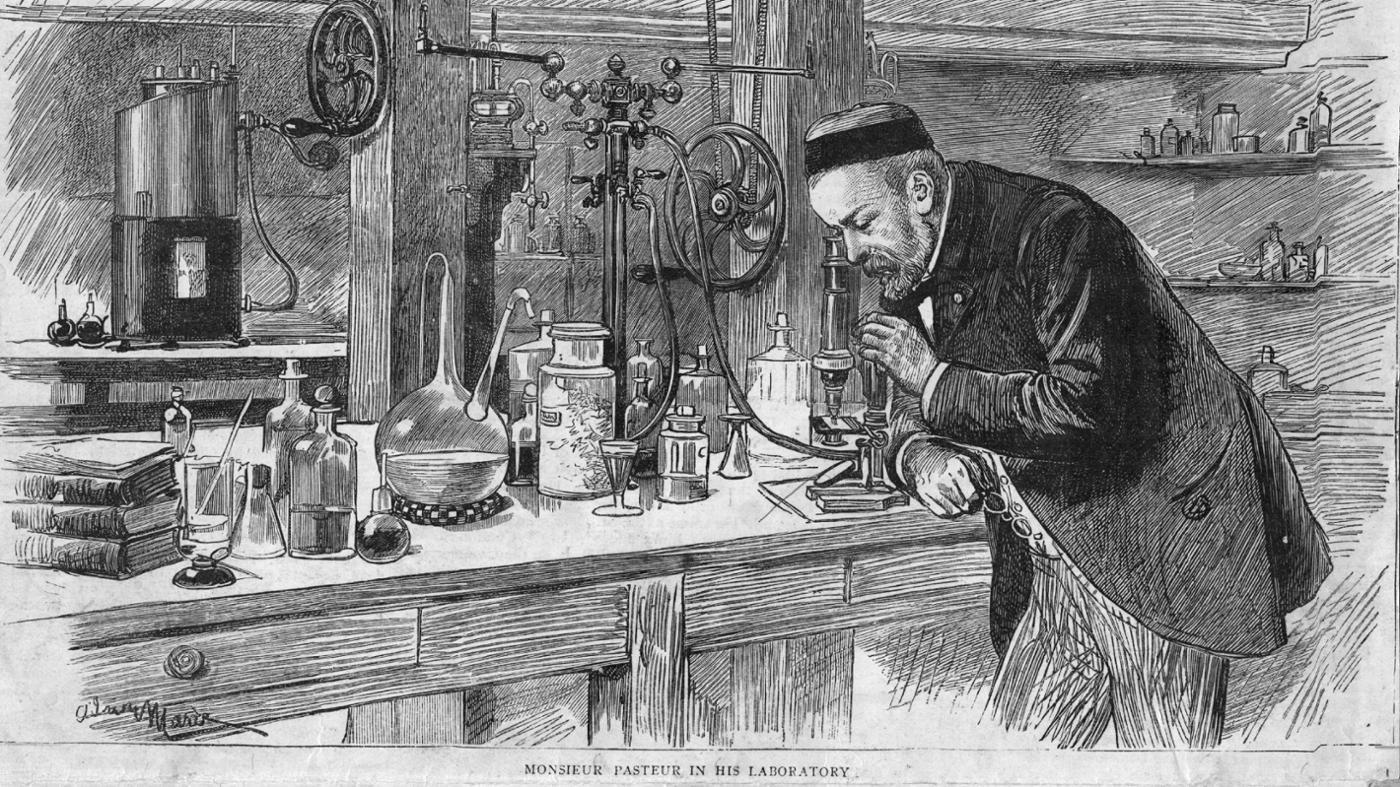
Much scientific experimentation occurs in the realm of half-knowns. The scientist conducts physical experiments in an attempt to prove a genuine hypothesis. It is at the point when none of the experiments prove accurate that the chance of making an accidental discovery is amplified. However, it is not during this accidental moment that an actual discovery occurs: the scientist must be able, with prepared mind, to interpret the accidental observation and situate the new phenomena within his existing work.
Chance Favoured Louis Pasteur’s Mind
Louis Pasteur’s statement, “chance only favours the mind which is prepared” was not only a scientifically clever phrase, it was a principle that would define his career. In the summer of 1856, M. Bigo, a beetroot alcohol manufacturer from Lille approached Pasteur for advice on failures he had been experiencing at his factory. Acknowledging the ability to play an important role in the community, as well as acquiring new knowledge to share with his colleagues, Pasteur gladly offered his services. For the next period he would visit the factory daily, returning to his laboratory to view the beetroot juice globules with the microscope and conduct experiments with the stove. Initially he had thought there was some significant difference between the filtered and non-filtered beetroot juice. Later in his notes he would write “error” and “erroneous,” criticizing himself.
Pasteur then “by chance” came upon a significant observation: through the microscope: he observed that healthy fermentation produced round globules and they lengthened as alteration began, becoming very long and slender at the point they became lactic. This allowed manufacturers to observe the health of fermentation during their manufacturing processes and helped avoid common failures during fermentation.
Pasteur wondered if this new observation was a general fact and was applicable to all types of fermentation. His work here became the driver for decades of investigation and experiments. Unknown to him at the time, Pasteur had begun down a path that would develop the new science of Microbiology and at the same time revolutionize Chemistry.
RESOURCES
The Life of Pasteur by René Vallery-Radot
 Pasteur Brewing Louis Pasteur – Science, Health, and Brewing
Pasteur Brewing Louis Pasteur – Science, Health, and Brewing 